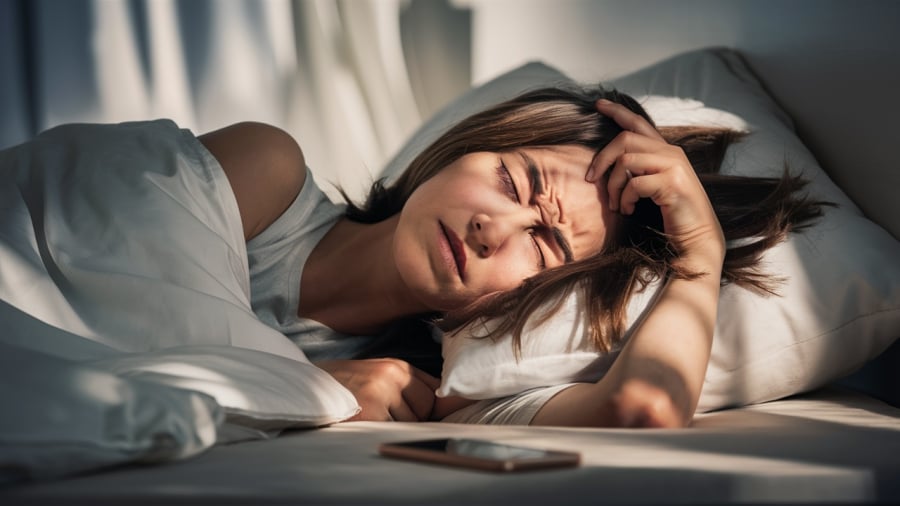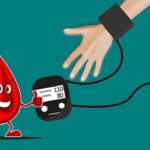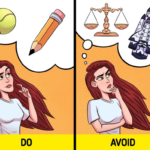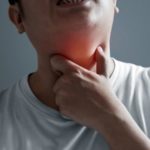A CNN -cited new study reveals that certain sleep-related characteristics such as snoring, mouth breathing, difficulty falling asleep, excessive napping, and frequent night awakenings, as well as sleeping too little or too much, can impact sleep quality and increase the risk of stroke. Researchers from the University of Galway, Ireland, found that the presence of more of these symptoms is associated with a higher stroke risk for individuals. Christine McCarthy, one of the study’s authors, emphasizes that “those with five or more symptoms have a five-times greater risk of stroke than those with no sleep problems.”
Sleep Issues and Stroke Risk
Associate Professor Kristen Knutson, a sleep and neurology expert at Feinberg School of Medicine, Northwestern University, states that inadequate sleep quality can lead to high blood pressure and weakened blood vessels. These factors are considered high-risk for stroke.
Meanwhile, Dr. Phyllis Zee, Director of the Center for Circadian and Sleep Medicine at Feinberg School of Medicine, highlights that short and interrupted sleep, along with sleep disorders such as sleep apnea, can negatively impact the regulation of metabolism, blood pressure, and inflammation in the body. All these factors contribute to an increased risk of stroke.

Poor Sleep Quality Can Lead to High Blood Pressure and Weakened Blood Vessels
The University of Galway study indicates that individuals sleeping less than five hours a night have a three-times greater risk of stroke than those maintaining seven hours of sleep nightly, the recommended minimum for adults. Interestingly, those sleeping an average of more than nine hours a night have double the risk of stroke compared to the well-rested group. Even more intriguing, these results hold true even after adjusting for other factors such as depression, alcohol abuse, smoking, and physical inactivity.
According to the research, people with sleep apnea have a three-times greater risk of stroke than those without this condition. Snoring or mouth breathing can be indicators of apnea, with snorers having an up to 91% increased risk of stroke, and mouth breathers almost tripling their chances compared to those without these symptoms.
The study also reveals that napping for over an hour increases stroke risk by 88% compared to non-nappers. However, napping for less than an hour does not elevate stroke risk.

Napping Over an Hour Increases Stroke Risk
Secrets to a Good Night’s Sleep
According to Dr. Andrew Freeman, Director of Cardiovascular Prevention and Wellness at National Jewish Health, practicing good sleep hygiene, maintaining a healthy diet, and engaging in regular exercise are crucial factors in mitigating the negative impact of sleep disorders and reducing the risk of stroke.
Dr. Zee emphasizes the importance of prioritizing 7-8 hours of uninterrupted sleep nightly. To achieve this, she advises, “Individuals should set a fixed bedtime and wake-up time, even on weekends. Regular exposure to morning and evening light will also enhance sleep quality.”
Additionally, Dr. Zee cautions that anyone who snores, experiences insomnia, or feels excessively sleepy during the day should consult specialists for diagnosis and treatment. She also recommends avoiding alcohol and finishing dinner at least three hours before bedtime.
Finally, Dr. Freeman suggests that morning meditation or exercise can improve sleep quality. He asserts, “Maintaining a healthy lifestyle is the key to a good night’s sleep.”
Discover this secret tip to sleep like a baby
By causing a disruption of the mind, you will instantly fall into a deep sleep.




































